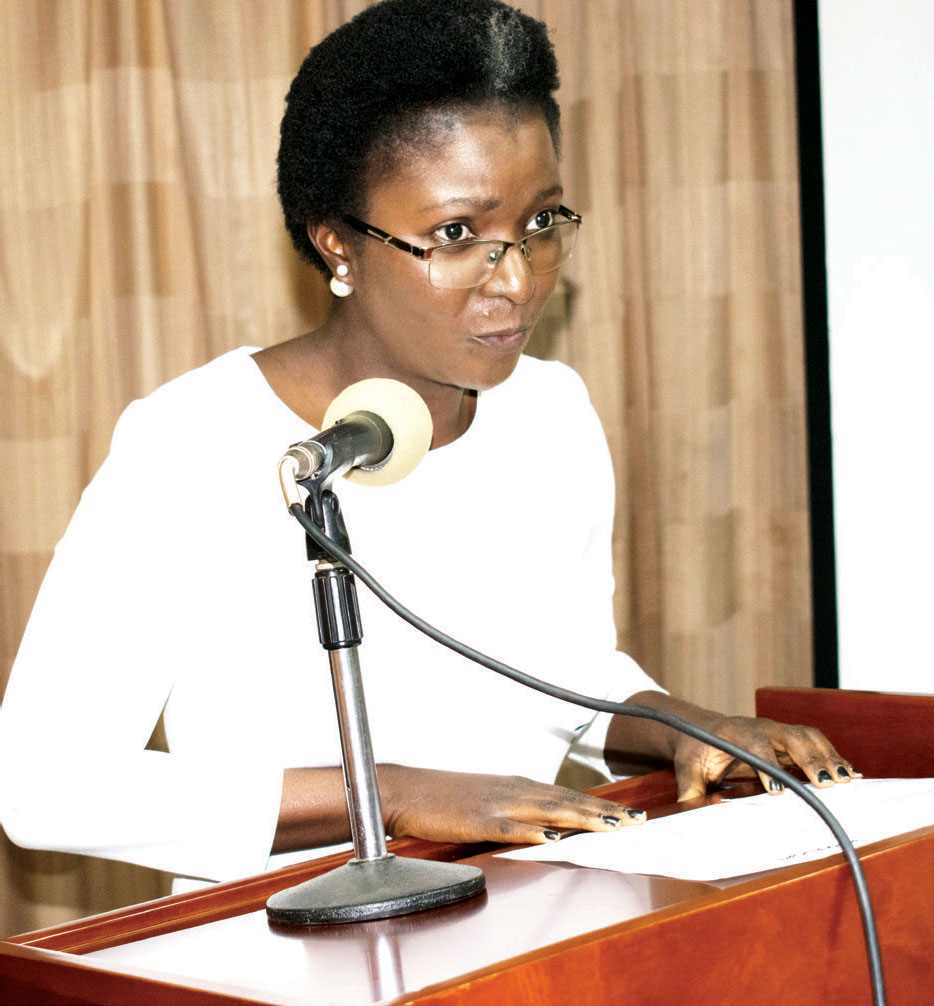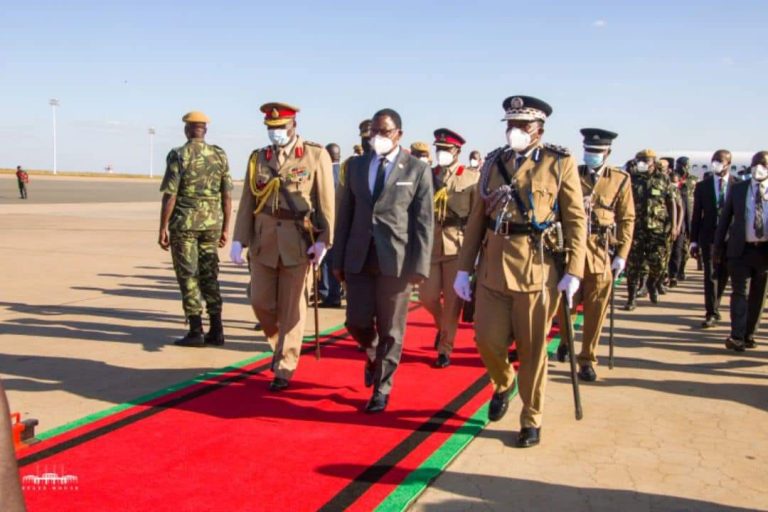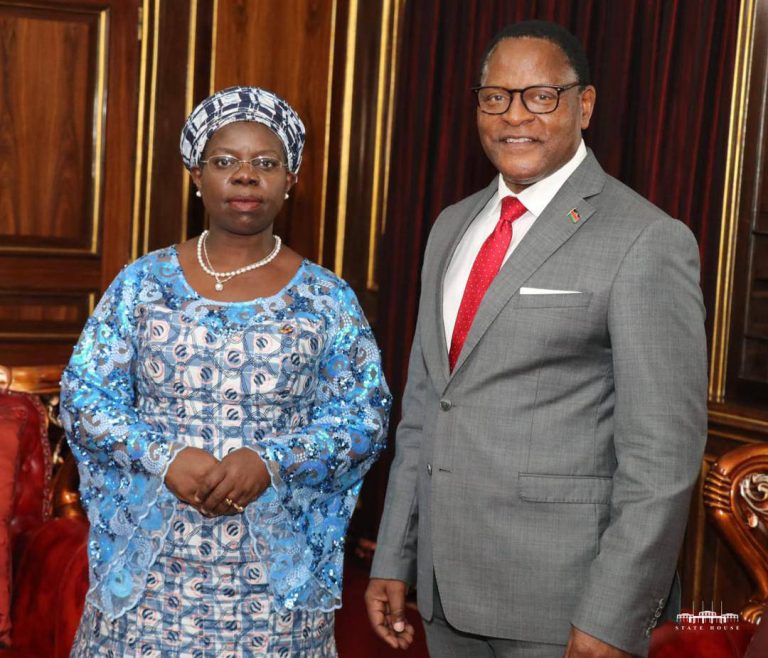…How Sattar used state agencies to fight partner turned rival
By Gregory Gondwe
Zuneth Abdul Rashid Sattar was calling himself the Malawian don, and so did his associates. At the crack of his fingers, Malawi Government officials would jump. Most Government officials were at his beck and call and always willing to do his bidding. The Malawi media, or most of it, was in his pocket too, and therefore nothing of his dealings could come to light.
But his arrest in October following investigation by UK’s National Crime Agency (NCA) and Malawi’s Anti-Corruption Bureau (ACB) for allegedly corrupting politically connected officials and public servants in Malawi has opened a can of worms as more and more shocking underhanded activities that were at the centre of his modus operandi are emerging.
Like in a mafia movie, Sattar warmed his way into the business venture of his Indian compatriot Chandrashekhar Suhas More posing as a sleeping investor, only to turn against him and allegedly snatched his companies with the aid of Malawi Government officials.
The Story of the Indian Investor
Chandrashekhar Suhas More came to Malawi in 2005 as an investor. After following all the due processes, he registered Mansi Manufacturers Africa Limited through the then Malawi Investment Promotion Agency (MIPA) on February 18, 2005. It was a ‘sizeable agro-processing unit’ which was making oil from groundnuts in Kanengo industrial area in Lilongwe.
After running the factory for 8 years with high success, More decided to expand by starting a new factory that would be processing soya beans of the 150 metric tons capacity within 24 hours to make oil and high protein cake that would be used for making chicken and animal feeds.
He registered Tamanna Solvex Africa Limited on 23rd May 2013 in his daughter’s name, after convincing his family back in India to sell property and invest in purchasing state of the art plant and machinery which was imported into the country.
Looking at the magnitude of the new venture, More decided to engage a partner to enter the business as a sleeping partner.
Enter Sattar
While in search of such a partner, the owner of an accounting firm called Kumar Associates, which was taking care of his company’s books, Kamalasanan Nair Padmakumar, introduced More to Sattar as that potential investor.
At their first meeting, Sattar disagreed to get the offer of 20 percent shares that were on the table. Sattar instead demanded 50 percent. At the time of registering Tamanna Solvex Africa Limited, Moore had 90 percent shares while his wife, Neeta Rajendra Gunjal, had 10 percent.
After further negotiations, More surrendered 40 percent of his shares to Sattar which he sold at US$1.5 million (K1.2 billion).
Sattar promised to be putting in money as the operation costs demanded. After he had put in K600 million, he started interfering.
Unbeknownst to Moore, the plot to take over his two factories started thickening behind his back.
One day in 2015, around lunch hour, while his wife had gone to collect their children from school, Ahmed Abdul Rashid Sattar, Zuneth’s brother, visited his house. He found a maid and told her to call More and inform him that he knows where he was staying at Manobec Court in Area 3 in Lilongwe and if anything, he should call him.
According to documents sourced by PIJ, court records, and several sources it has interviewed, More inquired from the owner of his accounting firm to find out what was happening, but could not get answers. Later he got a phone call from Sattar who started accusing him of cheating him with the deal and the plant because he is not a mechanical engineer, among others.
Ahmed was allegedly also continuously making threatening phone calls.
A meeting was arranged at the offices of the accounting firm and when Sattar and his associates came, he continued his threats saying he is the don of Malawi who was connected to the power including the State President Peter Mutharika and must therefore comply by surrendering all the shares of his company including the shares of his wife.
Just to demonstrate his connection, Sattar could be heard telling More that he had talked to the President [Peter Mutharika] and that he was very disappointed with him. This is according to a phone recording audio that PIJ has listened to.
Padmakumar, the owner of the accounting firm for More’s company, sided with the Sattar brothers and continuously encouraged More to surrender his shares to Zuneth, apparently because he was the ‘don’ in Malawi.
While he was detained at Kumar Associates offices, Sattar sent his associates to More’s house to have his wife sign on the Share Transfer Forms. Under duress, Sattar ordered More and his wife to surrender all the shares or face the music. Meanwhile, while he was still there, he started getting calls from a caller that claimed was from the fiscal police, warning him of repercussions if he didn’t comply.
More complied as he was facilitating an escape of his wife and children. Upon making sure that his family had safely landed in India; and two days after he had forcibly been made to sign off the shares, he engaged lawyer Gift Nankhuni who went into prompt action.
More’s Lawyer Stops the Share Transfer Process
On September 7, 2015, lawyer Gift Nankhuni through his law firm G. Nankhuni and Partners, wrote the Registrar General, copying the Inspector General of the Malawi Police, Chief Immigration Officer, Indian High Commission in Malawi, and the Sattar brothers.
Nankhuni, who indicated in the letter that he was representing More and his wife, pointed out that his clients had a 50 percent shareholding stake in Tamanna Solvex Africa Limited registered in Malawi.
“The other Shareholder of the company is Mr. Zuneth Abdul Rashid Sattar,” wrote Nankhuni. “Who together with his brother Ahmed Abdul Rashid Sattar have been threatening to unlawfully seize the shares of our clients by illegal threats that they are well connected, having connections with the Head of State, the Malawi Police as well as the Immigration authorities so much so that they can make sure that our clients live a miserable life in Malawi.”
Nankhuni further wrote that their clients are mere investors doing business in Malawi and have very few connections and no relations in Malawi, such that they were forced to sign share transfer documents on 5th September 2015 without the said Zuneth Abdul Rashid Sattar and his brother Ahmed Abdul Rashid Sattar paying them anything.
“The two have also seized the passport of Mr. Chandrashekar Suhas More,” he said before pleading with the Registrar General:
“We, therefore, implore with your good office not to act upon the said share transfer documents as they were obtained by duress.”
By copy of the letter, the lawyer also wanted the police and the Indian High Commission to investigate the matter and that Immigration takes note of the matter.
Sattar lets Government officials pounce on More
Just soon after showing resistance to let go of his company, a barrage of attacks on More never stopped raining on him until he was deported and has been fighting for his return for the last 7 years.
A week after his lawyer’s letter, MRA, arrested him on the ‘pretext’ that he was evading tax as no documentation has been presented in court yet to prove MRA’s case.
A warrant of arrest was issued, addressed to all police officers, to the effect that Chanrashkhar More, as director of Mansi Manufacturers Africa Limited in Lilongwe, was charged with failure to remit income tax returns.
“Chanrashkhar More, Director of Mansi Manufacturers Africa Ltd, in the city of Lilongwe, with the intention to evade payment of taxes, has failed to submit income tax returns to the Malawi Revenue Authority from tax year 2013 onwards, thereby defrauding the Malawi Government of income revenue,” reads the affidavit in support of the case, submitted by Skazo Mwanda who records indicated was the Manager in Domestic Taxes, authorised by the Commissioner General.
More was released on bail and attended three court hearings, where MRA kept asking for adjournments.
This led to More’s requesting to travel to India to check on his family, which had left the country in haste. He was granted bail and permission to travel to India and was supposed to appear in court again on November 13, 2015.
On the said day, More failed to appear in court as according to the case file, while he was on this visit to India, he lost his grandmother and was responsible for her funeral. He also wanted to process the school admission for his children in India, as their education in Malawi had been cut short due to what had transpired.
At the time that he was to return, his Business Resident Permit had expired.
For close to two years his visa applications were declined, and he had to ask the Indian High Commission in Lilongwe to intervene, which worked as he was given the visa in February 2017.
When he arrived on March 21, 2017, and presented himself in court, he was given a date of next hearing, but when he went to court, there was no one from MRA and instead, MRA had obtained another arrest warrant against him.
His new lawyer, Justin Dzonzi, got a stay order from the High Court on May 11, 2017.
When it was served to the MRA, officials at the tax collecting body, expressed ignorance, saying they knew nothing about the arrest warrant.
Apparently, MRA suggested to Dzonzi, to check with the Malawi Police. Again, the police officers, also said they did not have any warrant of arrest for More.
After spending a night in police custody, it was now clear when the following day on May 12, 2017 immigration officials came to collect him from the Area 3 Police cell, and was put on a Mumbai-bound flight.
The Department of Immigration defied the high court order staying execution of the warrant of arrest, which was dated May 11, 2017. The catch is, although this was meant to be deportation facilitated by Immigration Department, records at Satguru Travel & Tour Services that issued the ticket, indicated that the air ticket for More was bought by Sattar.
Indian Government faults MRA, Police and Immigration
In one of its numerous letters to the Ministry of Foreign Affairs and International Cooperation dated May 26, 2017, the Indian High Commission to Malawi pleaded with the Malawi Government to resolve the issues with More.
“Mr. More has been diligently following up on the court case instituted by Malawi Revenue Authority against him for non-filing of tax returns since his return to Malawi on 21st March 2017,” observed the letter.
It further stated that More returned to Malawi to contest the court cases against him.
The Indian diplomatic mission argued that MRA’s motive was not clear when it filed a criminal case in a case that appeared to be civil in nature. The Commission requested that provisions of the Malawi laws on the subject may be conveyed to the embassy so that investors who are keen to invest in Malawi are aware of these provisions.
The Commission also wrote in its letter that MRA ensured it instituted a case against More in a court of law in Malawi and when he was following the due process of law by reporting to the court in the matter, MRA issued a warrant of arrest against him.
“The fact that now he has been deported with “PI” tag makes it ample evidence that MRA is not interested to pursue or settle the case it filed against Mr. More, rather it wants to keep Mr. More away from Malawi,” charged the commission.
Confused with the Immigration Department
The Indian High Commission expressed its confusion with the involvement of the Immigration Department in the matter:
“Role of Immigration Office is also not understood. It is shocking that Immigration deported Mr. More, an investor with a ‘PI’ tag, without any case against him or producing any documentation in this regard.”
The Commission said all the actions from the Government officials are working against Malawi Governments’ best efforts to attract investors, including from India. “… Such instances will only hamper such efforts.”
The Commission also pointed out that the billions of kwacha investment in the plant and machinery at the factory mean that it will be exposed to damage or pilferage and the Government of Malawi will be responsible if any such eventualities happen.
Already, at this time of writing these letters, More’s First Capital Bank account in Lilongwe was under attack. More than K300 million was siphoned off using forged signatures.
After the High Commission’s five letters, on July 18, 2017, the ministry of foreign affairs and international cooperation decided to respond.
The author of the ministry’s letter indicated that they had conveyed all the queries to relevant authorities, who provided it with the requested information.
In its response, the ministry insists that MRA attended all the court sessions, including one where More’s lawyer Dzonzi applied for a stay on his second arrest warrant.
“MRA got information that Mr. More had left Malawi again without notifying the Court and MRA, further flouting his bail conditions,” wrote the ministry. “Consequently, on 2nd May 2017, MRA applied for and was granted an order revoking the bail, resulting in a fresh warrant of arrest.”
In the letter, the ministry acknowledges that on May 10, 2017, MRA, More, and his lawyer attended the hearing to show cause, why bail should not be revoked and that the substantive matter did not proceed as More’s lawyer objected to the revocation of bail order of 2nd May 2017.
“As a consequence, MRA executed the warrant of arrest. [But] on 11 May 2017 Counsel for Mr. More applied for and was granted a stay order against the execution of the warrant of arrest,” wrote the ministry.
While this was the case, the other forces were pushing on other ends resulting in the involvement of Immigration which came to still arrest More, even with the court’s order, although immigration used the same MRA case unbeknownst to MRA that had instituted it.
The ministry acknowledges this confusion in their letter:
“The said order was served on MRA on 12 May 2017 at which time Mr. More had been deported back to India by the Immigration Department, without the knowledge of MRA.”
The Ministry said More had evaded tax, ‘fled the country regardless of coming back to clear himself’, even when records show it was with the court’s consent.
The letter also says More flouted bail conditions after he was released on bail in a case with MRA.
“Mr. More insulted the Police officers on duty, calling them plebeians and challenging them that he would be out of the police cell within 48 hours due to his connections,” the ministry’s letter alleges.
The letter further says More also insulted the magistrate presiding over his matter; ‘the behaviour that was unacceptable and demeaning to a judicial officer’.
“He also insulted the highest authorities of the Government of the Republic of Malawi,” says the letter, without neither mentioning who these authorities are nor the nature of the insults.
“The High Commission may recall that section 4(1)(a) of the Immigration Act provides that any person dimmed by the Minister on economic ground, or on account of standard or habits of life, to be an undesirable inhabitant or to be unsuited to the requirement of Malawi may be declared a Prohibited Immigrant.”
Further, Section 39 of the same Act empowers the Minister to deport any person for disturbing peace in the court.
“As the High Commission may note, it is the vile conduct of Mr. More in addition to his reliance on connections with some corrupt people, that led to his being tagged Prohibited Immigrant and then his deportation,” the Foreign Affairs ministry wrote.
More’s lawyers were the ones representing him in the court, and they did most of the talking.
Trying it with Tonse Administration
Through More’s new legal representation, the matter was this January brought to the attention of Minister of Homeland Security Richard Chimwendo Banda.
The legal firm, Mtupila and Company, wrote the minister to challenge the deportation and declaration that More is a prohibited immigrant.
“Having looked at the law and also the circumstances in which our client was deported and declared a prohibited immigrant it is our firm conviction that the Immigration Department under your office acted capriciously and in contravention of the law and principles of natural justice,” argues the letter from the legal firm of Oswald Lughana Mtupila and his associate Chrispine Mndala.
They raise three grounds to justify their argument, the first one which says their client was not given notice of his deportation or an opportunity to appeal against the legality of the decision to deport him, which they argue is contrary to Section 43 of the Constitution of Malawi as read with Section 8 of the Immigration Act.
The second argument is that their client had not, prior to his deportation, committed an immigration offence or indeed any other offence warranting deportation or the declaration of his being a prohibited immigrant.
Lastly, they argue that the deportation order was not issued and signed by the minister’s office in accordance with the provisions of Sections 39(2) (b) of the Immigration Act under which the purported deportation order is cited to have been issued.
“It is very clear, Honourable Minister, that our client’s deportation was actuated by greed and abuse of power by those in authority then and some misguided immigration officers,” the legal firm argues.
The firm further implored the minister to prudently exercise his ministerial powers in revoking the said deportation and the declaration of his being a prohibited immigrant.
Chimwendo Banda told PIJ that he indeed received communication from More’s lawyers and also met them.
“This happened before we came to power,” he said through a WhatsApp response. He did not further elaborate on what action his ministry has taken after all this communication.
In the words of More’s Indian legal representation, Neelkanth Dnyaneshwar Aher, More’s ‘arrest and detention were illegal and ultra vires especially considering all the set of events in their chronological order and the illegal use of the Police officers, MRA officers, and the Immigration and their abusive sweeping powers.’
The Indian wrote Chimwendo Banda on 15th October 2020, reminding him of his sufficient ministerial powers under the law to revoke More’s deportation order in order to pave his return to Malawi ‘to take charge of his factory and re-employ hundreds of Malawians and contribute to the Malawi economy as well as attend all the various court cases and thereby gather whatever is remaining of his personal and business life in Malawi.’
Lawyers for Sattar ignored the questions when asked to explain his client’s involvement in the total saga that led to More’s deportation and declaration as a prohibited person.
This is one of the many series of stories on Zuneth Sattar that PIJ will be publishing following its first publication of details of the investigation that has been going on, pursued by the UK’s National Crime Agency (NCA) and Malawi’s Anti-Corruption Bureau (ACB). The authorities from the two countries continue to investigate the matter, combing through troves of documents, gadgets, and other pieces of evidence obtained during raids conducted in October on residences and offices belonging to Sattar and his associates in Leicester, the United Kingdom, and Lilongwe, Malawi.

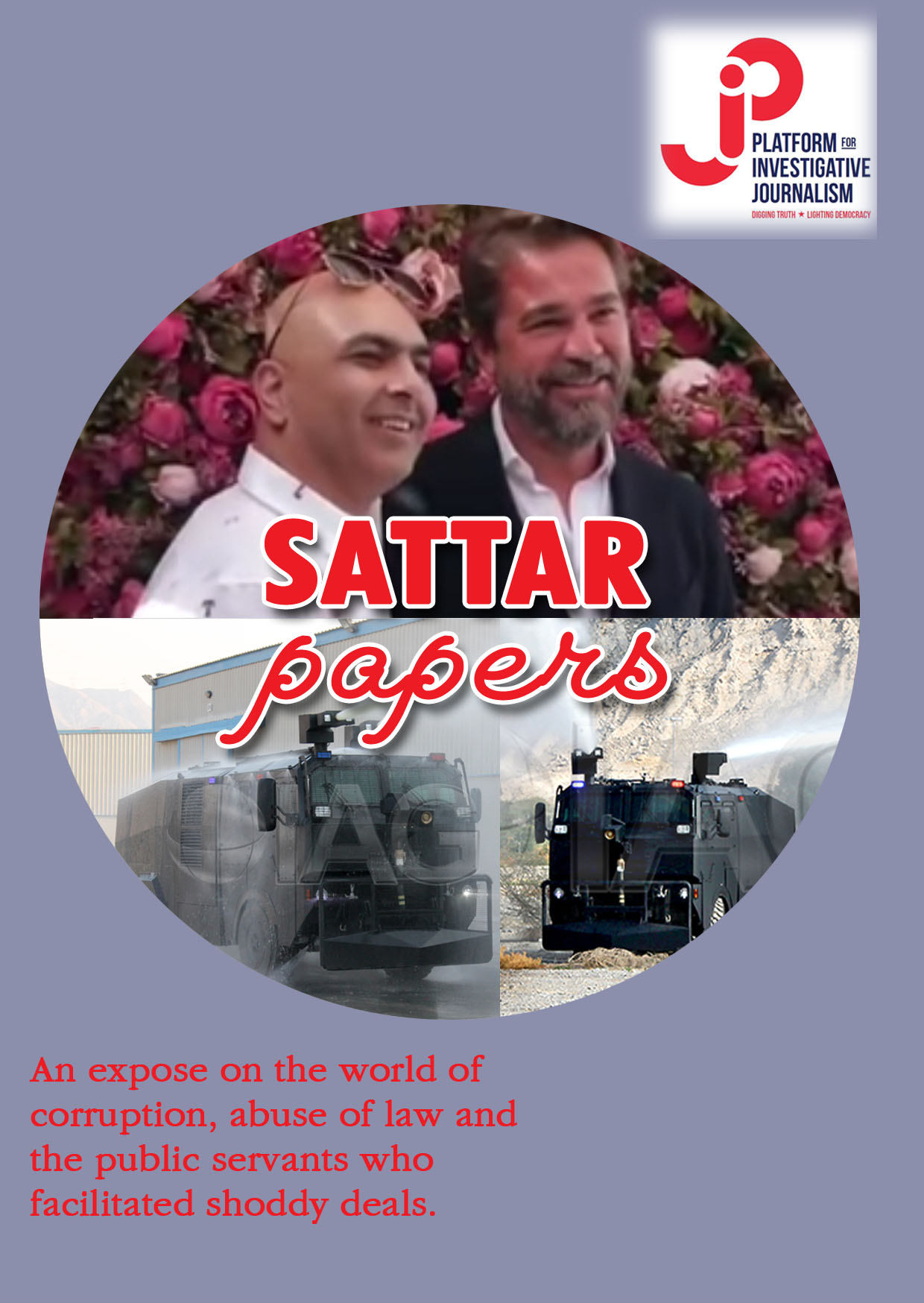














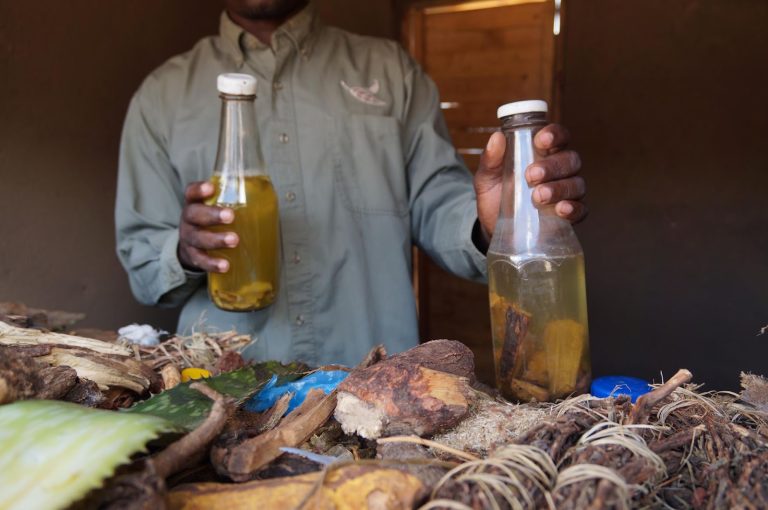
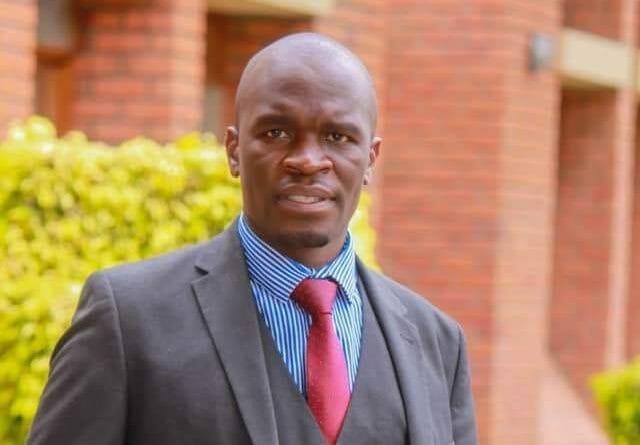
.jpg)
